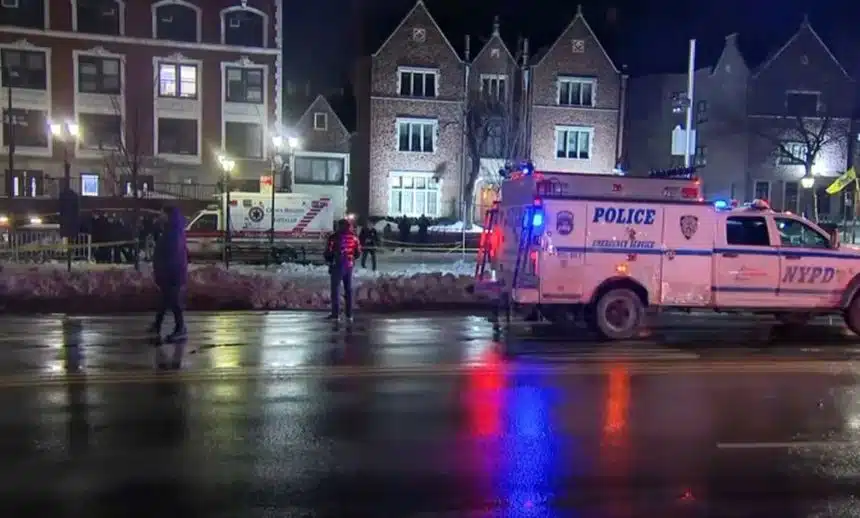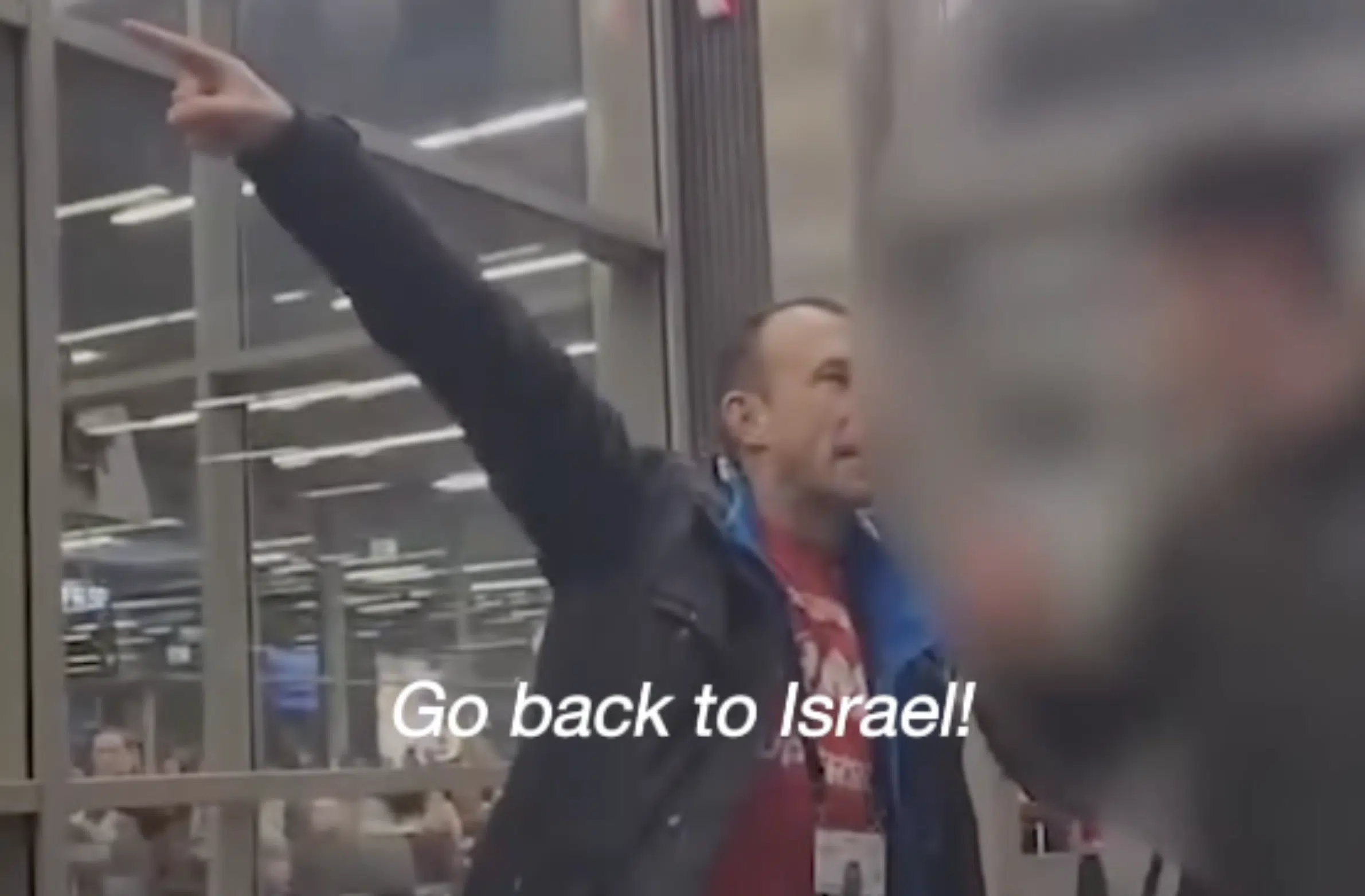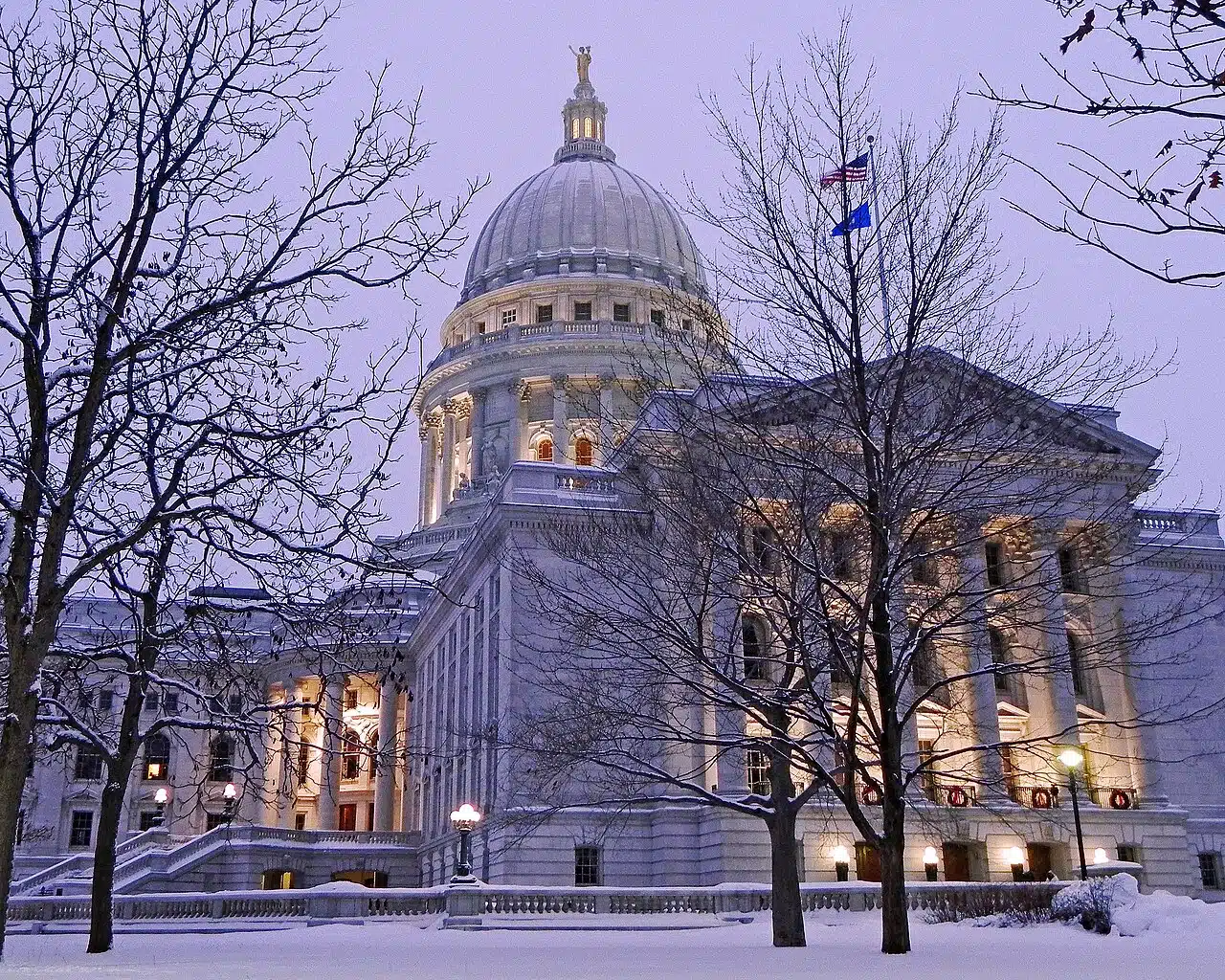|
Getting your Trinity Audio player ready...
|
Jewish leaders in Romania are voicing alarm after President Nicușor Dan halted the implementation of a newly-passed law that would have strengthened the country’s legal response to antisemitic and fascist speech.
Instead of signing the legislation, an expansion of Romania’s 2015 hate speech laws, President Dan sent the bill to the Constitutional Court for review just hours after it cleared parliament last Friday. The court is expected to rule next week on whether the law aligns with constitutional protections for freedom of expression.
The move has drawn swift and pointed criticism from Jewish advocates who say the delay sends a dangerous signal at a time of rising extremism in Europe.
“The President’s Office has pushed Romanian Jews into a highly stressful situation,” said Maximillian Katz, director of the Center for Monitoring and Combating Antisemitism in Romania. “We are again forced to defend our right to live without being inundated by hate — and as always, explaining this triggers even more hatred.”
The bill, introduced by Jewish lawmaker Silviu Vexler, aimed to criminalize the promotion of antisemitism and xenophobia on social media, including praise for the Iron Guard — a violent fascist movement that collaborated with the Nazis during World War II. The Iron Guard was responsible for some of the most brutal massacres of Jews in Romania.
In protest of the president’s decision, Vexler returned a state honor, the Medal of Merit, calling the move a betrayal. “This decision will encourage the further promotion of the legionary ideology, of the leaders of extremist organizations — and inevitably, of antisemitism and all forms of extremism,” he warned.
Dan has defended the legal referral, claiming the bill lacked clarity and could unintentionally criminalize tributes to certain historical figures who were both anti-communist and affiliated with fascist movements. Critics argue this justification echoes the very revisionist narratives the legislation was meant to confront.
Romania’s original 2015 law was enacted in response to persistent Holocaust denial and the public glorification of Nazi collaborators. However, advocates say enforcement has been uneven — and that the updated law is critical to addressing the digital spread of hate, particularly among youth.
A recent Claims Conference survey highlighted the urgency — over half of young Romanians polled said they believed the figure of six million Jewish Holocaust victims was exaggerated, by far the highest percentage among the six countries surveyed. Alarmingly, 15% of Romanian youth said they thought the Holocaust was a myth.
For Katz and others, the president’s decision reflects a broader erosion of moral clarity. “There’s a difference between freedom of speech and the freedom to incite hatred,” Katz said. “This law was meant to draw that line. Blocking it sends the opposite message.”
As Romania awaits the court’s verdict, Jewish leaders fear the delay is already emboldening extremists — and weakening the country’s fragile efforts to confront its dark past.









